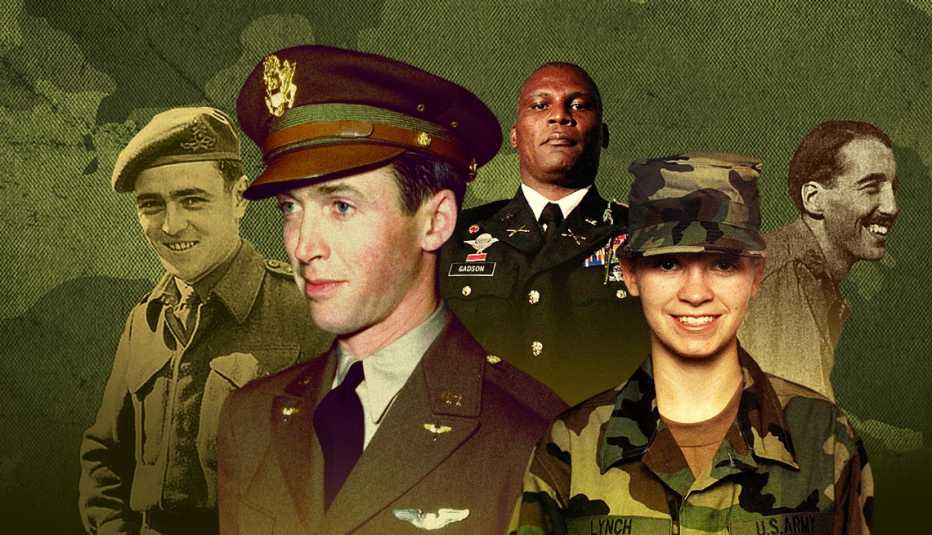Staying Fit
Around 11 percent of Americans smoke cigarettes — a new low for the country — but veterans are almost twice as likely to be smokers.


You can subscribe here to AARP Veteran Report, a free e-newsletter published every two weeks. If you have feedback or a story idea then please contact us here.
The adverse health effects of smoking are incontrovertible, with more than 16 million Americans living with a serious disease caused by cigarettes. Many smokers want to give up but struggle to do so. Here are some pointers on how you could quit.
Build a support system
If you wanted to train for a marathon, you wouldn’t likely go at it alone. The same is true for smoking. QuitLogix is a program by Denver-based National Jewish Health that operates “quitlines” in 21 states.
You can receive phone and online coaching methods and materials as part of the program by calling 1-800-QUIT-NOW. You can expect to set a quit date, tell others about it, prepare for triggers and get back on track after slips.


AARP Membership— $12 for your first year when you sign up for Automatic Renewal
Get instant access to members-only products and hundreds of discounts, a free second membership, and a subscription to AARP the Magazine.
Use a virtual coach
The Department of Veterans Affairs (VA) offers SmokefreeVET, a program in which you can sign up for mobile reminders and challenges to keep you on track through your journey to quit. You’ll receive text messages such as: “Cravings can be triggered by seeing other people smoking. Spend time in places where smoking isn’t allowed.”
You’ll also work through daily challenges, such as one that pushes you to delay your first cigarette by an hour. You can text keywords like “crave” or “mood” or “slip” to receive messages tailored to your current situation.
Consider medication
Medications can help.“We always recommend someone use quit medications, such as nicotine patches or prescription drugs, to get through the nicotine withdrawal and cravings,” Thomas Ylioja, a tobacco cessation specialist at National Jewish Health, told AARP Veteran Report.
But medications work best in combination with a quit plan. “Remember the psychological side of smoking can be just as strong as the physical cravings,” Ylioja added. “When you combine medications with talking to a professional support person, your chances of quitting for good are much higher.”
Mindset
For family physician Chris Scuderi, one of the “greatest frustrations” when he was serving as a Navy medical officer was that there was a smoking deck that sailors could use several times per day, but there was no “fresh air break” deck. This meant sailors could stop working to smoke while others kept toiling.





































































